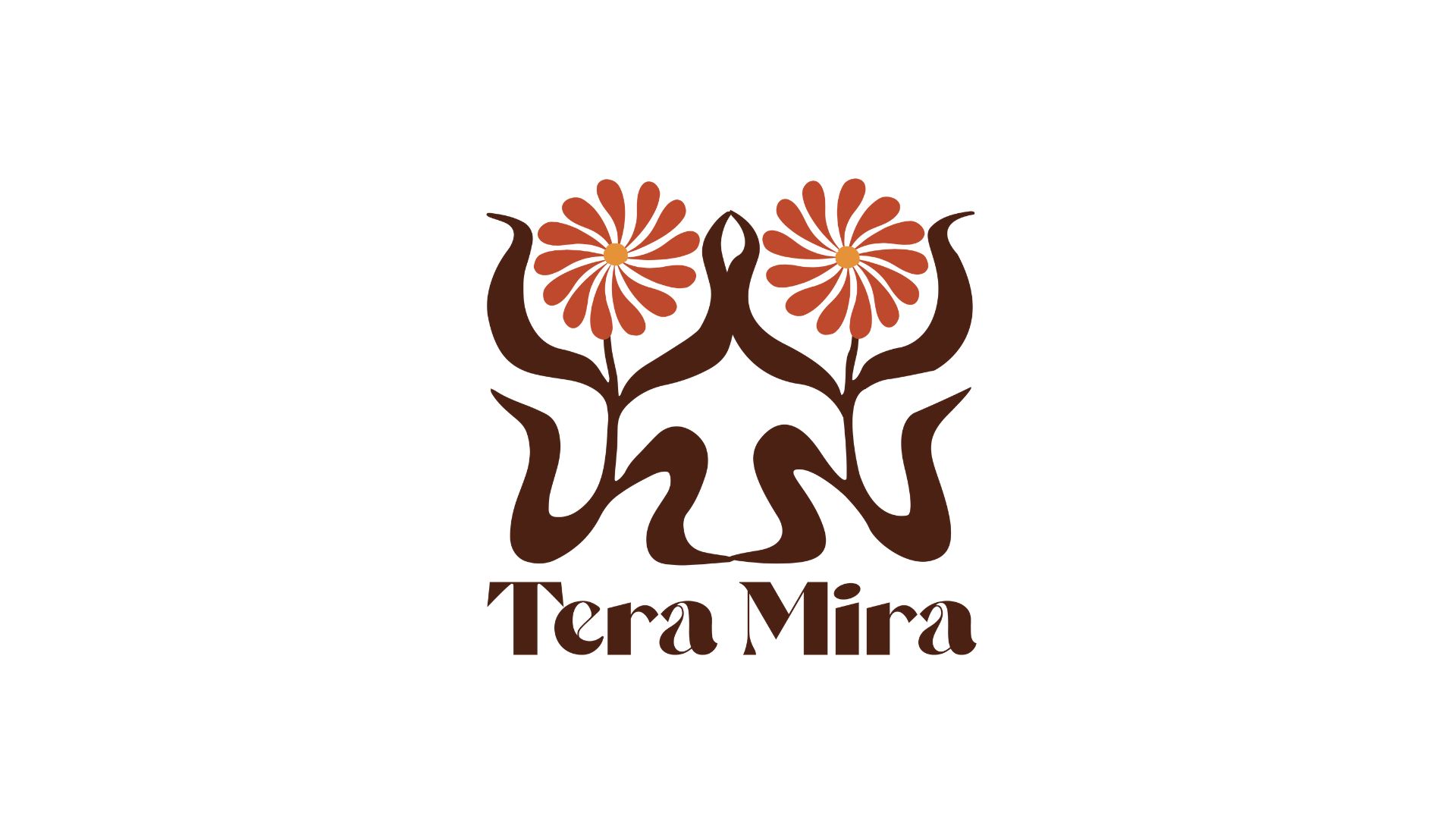We’re developing a bio-based alternative to elastane, derived from the natural stretch properties of seaweed. Our solution mimics elastane’s elasticity while eliminating fossil fuel dependence and toxicity. This solution is:
– Sustainable: Produced without land or fertilizers, minimizing environmental impact.
– Non-Toxic: Free from hazardous chemicals, ensuring worker and consumer safety.
– Plug-and-Play: Compatible with existing textile production processes and upcoming regulations.
Current Progress:
- Finalizing our MVP and optimizing fiber performance.
- Collaborating with lingerie brands for industry insights and market validation.
- Engaging manufacturers to understand the technical aspects of integrating our fiber into existing production lines.
Innovation Focus:
Our goal is to replace elastane in stretch textiles with a bio-based fiber derived from seaweed. We’re overcoming challenges such as water, heat, and light resistance by exploring advanced crosslinking techniques to improve strength, elasticity, and durability.
By collaborating with a brand and manufacturer, we aim to understand the full supply chain and refine our material for scalability. We will optimize fiber performance for dyeing, knitting, and garment production, ensuring the final product meets the stringent demands of lingerie manufacturing. This partnership will help us integrate our fibers into existing systems without major modifications.
Our approach transforms this challenge into an opportunity by replacing elastane with a bio-based alternative made from seaweed. Our innovation directly addresses fashion’s key pain points: it eliminates fossil fuel dependency, is non-toxic for consumers and workers, and is designed as a plug-and-play solution that integrates seamlessly into existing manufacturing processes and aligns with upcoming regulations.
We are currently developing our MVP within Imperial College’s Undaunted Greenhouse program, leveraging a £20,000 equity-free grant, lab facilities, and mentorship to refine our business model. We are in conversation with lingerie brands and manufacturers to ensure seamless integration into existing supply chains. Additionally, we are exploring stable feedstock options and seeking partnerships with coastal communities to address challenges of invasive seaweed.
We are catalyzing systemic change in fashion, empowering brands to rethink material choices beyond quick fixes. Our vision is a future where textiles are non-toxic, circular, and harmonized with nature.
Indirect:
Textile Workers: Safer working conditions
Sustainable Brands: Fully sustainable
Consumers: Toxin-free garments
Global Communities: Healthier ecosystem
Creating an inclusive value chain, we’re reshaping the textile industry's future to be ethical, equitable, and regenerative.



 Designing Future 2025 Deck (1)-compressed.pdf
Designing Future 2025 Deck (1)-compressed.pdf